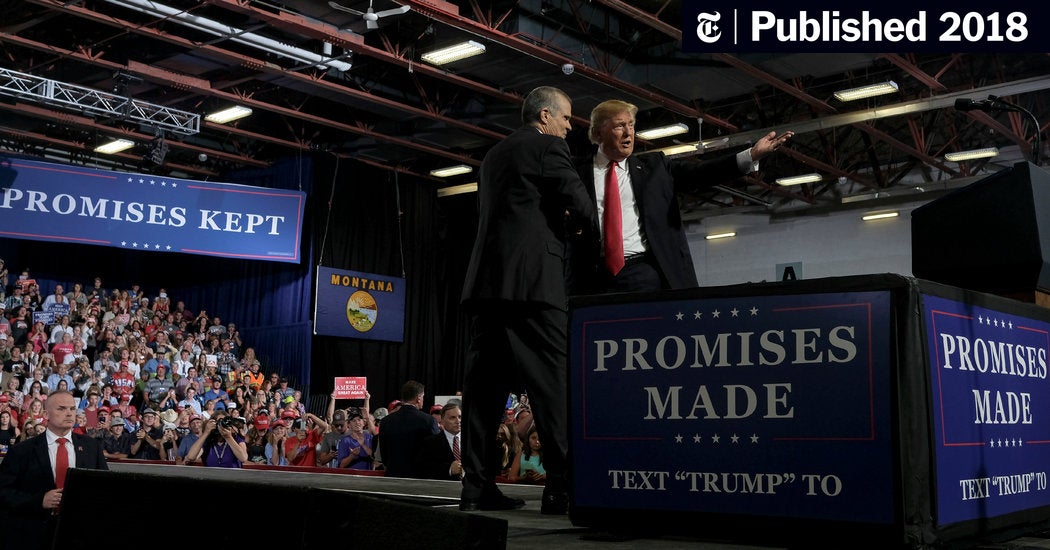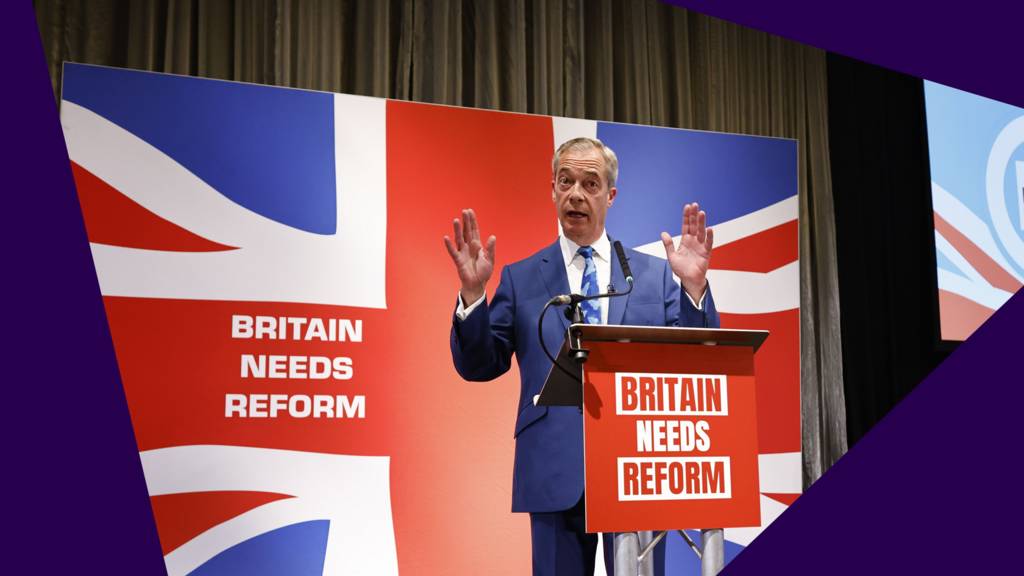Fallica Criticizes Trump's Actions Towards Putin

Table of Contents
Fallica's Central Arguments Against Trump's Russia Policy
Congressman Fallica's criticism of President Trump's Russia policy centered on accusations of appeasement, a failure to adequately condemn Russian aggression, and a perceived undermining of democratic institutions both domestically and internationally. He consistently argued that Trump's actions emboldened Putin and jeopardized US national security interests.
-
Specific examples of Trump's actions cited by Fallica: Fallica frequently pointed to Trump's numerous meetings with Putin, often held without other US officials present, as evidence of undue deference. He also criticized Trump's downplaying of Russian interference in the 2016 US elections and his reluctance to impose meaningful sanctions on Russia for its actions in Ukraine and elsewhere. The lack of strong condemnation following the poisoning of Alexei Navalny was another key point of contention.
-
Quotes from Fallica's statements or interviews criticizing Trump's approach: While specific quotes require referencing original sources (news transcripts, official statements), the general tenor of Fallica's criticism frequently highlighted the perceived lack of a strong US response to Russian aggression. He likely used phrases such as "weak on Russia," "appeasement policy," and "undermining our alliances."
-
Specific events or policies that highlight Fallica's concerns: The annexation of Crimea in 2014 and Russia's ongoing aggression in eastern Ukraine were repeatedly cited by Fallica as examples of Putin's expansionist tendencies that were not sufficiently countered by the Trump administration. The ongoing conflict in Syria, where Russia played a significant role supporting the Assad regime, also likely featured in Fallica's criticisms.
The Geopolitical Context of Fallica's Criticism
Fallica's criticism must be understood within the broader geopolitical context of rising tensions between Russia and the West. The situation in Ukraine, with its ongoing conflict and Russian-backed separatists, formed a central backdrop to his concerns. NATO concerns about Russia's increasingly assertive military posture in Eastern Europe also played a significant role.
-
Implications of Trump's policies on NATO alliances and transatlantic relations: Fallica likely argued that Trump's approach to Russia strained US relationships with its NATO allies, who felt undermined by Trump's perceived reluctance to confront Putin. This could have led to questions about the reliability of the US as a security partner.
-
Analysis of how Trump's approach impacted Russia's actions in Ukraine and other regions: Fallica likely asserted that Trump's perceived weakness emboldened Russia to continue its aggressive actions in Ukraine and elsewhere, potentially escalating tensions and undermining international stability.
-
Counterarguments or alternative perspectives on Trump's Russia policy: Some argued that Trump's approach aimed at fostering better relations with Russia through engagement and de-escalation. Others might have argued that sanctions were ineffective or that a more conciliatory approach was necessary to address underlying concerns. These counterarguments, however, were likely dismissed by Fallica as naive or dangerous given Russia's track record.
The Role of Sanctions and Diplomacy in Fallica's Perspective
Fallica's perspective likely emphasized the need for a stronger, more assertive approach towards Russia, utilizing a combination of targeted sanctions and robust diplomatic engagement with allies.
-
Fallica’s suggested alternative strategies for dealing with Russia: He likely advocated for a more coordinated approach with European allies, imposing stronger sanctions on Russia for its human rights abuses and violations of international law. He likely stressed the importance of supporting Ukraine and strengthening NATO's eastern flank.
-
Comparison of Fallica's approach to those advocated by other politicians or experts: His stance could be compared to those of other hawkish politicians and foreign policy experts who favored a tougher stance against Russia. This comparison would highlight the range of opinions within the political spectrum regarding US-Russia relations.
-
Discussion on the effectiveness of sanctions and the limitations of diplomatic solutions: Fallica's position likely acknowledged the limitations of sanctions and the complexities of diplomatic engagement with Russia but argued that a stronger, more unified approach was essential to deter further aggression.
Public and Political Reaction to Fallica's Criticism
Fallica's criticism of Trump's Russia policy generated a mixed reaction.
-
Media coverage of Fallica's statements: News outlets likely covered his statements, framing them within the broader context of the political debate surrounding Trump's relationship with Putin.
-
Reactions from Trump's supporters and opponents: Trump's supporters likely dismissed Fallica's criticism as partisan attacks, while his opponents echoed his concerns, highlighting the potential national security risks of Trump's approach.
-
Analysis of the political implications of Fallica's criticism: Fallica's criticism likely contributed to the political discourse surrounding US-Russia relations, shaping public opinion and influencing policy debates. His statements likely played a role in the broader discussion of accountability and foreign policy strategy within the political sphere.
Conclusion
Fallica's condemnation of Trump's approach to Putin highlights a crucial debate within US foreign policy. His arguments—centering on appeasement, insufficient condemnation of Russian aggression, and the undermining of democratic institutions—reveal concerns about the potential consequences of a perceived weak response to Russian actions. The geopolitical context, including the situation in Ukraine and the implications for NATO, further underscored the gravity of Fallica’s criticism. Understanding these differing perspectives on effective strategies for engaging with Russia is vital. Continue to follow the debate surrounding Fallica’s critiques of Trump's actions towards Putin for further insights into the complexities of US foreign policy.

Featured Posts
-
 Ufc Bogeyman Seven Straight Wins Culminate In Controversial Knockout
May 04, 2025
Ufc Bogeyman Seven Straight Wins Culminate In Controversial Knockout
May 04, 2025 -
 I Was In The Room My Nigel Farage Press Conference Experience
May 04, 2025
I Was In The Room My Nigel Farage Press Conference Experience
May 04, 2025 -
 Ufc 314 Betting Odds A Complete Guide To The Fight Card
May 04, 2025
Ufc 314 Betting Odds A Complete Guide To The Fight Card
May 04, 2025 -
 M M A 600 And
May 04, 2025
M M A 600 And
May 04, 2025 -
 Gigi Hadid And Bradley Cooper Instagram Official Steamy Kiss Photo Confirms Romance
May 04, 2025
Gigi Hadid And Bradley Cooper Instagram Official Steamy Kiss Photo Confirms Romance
May 04, 2025
